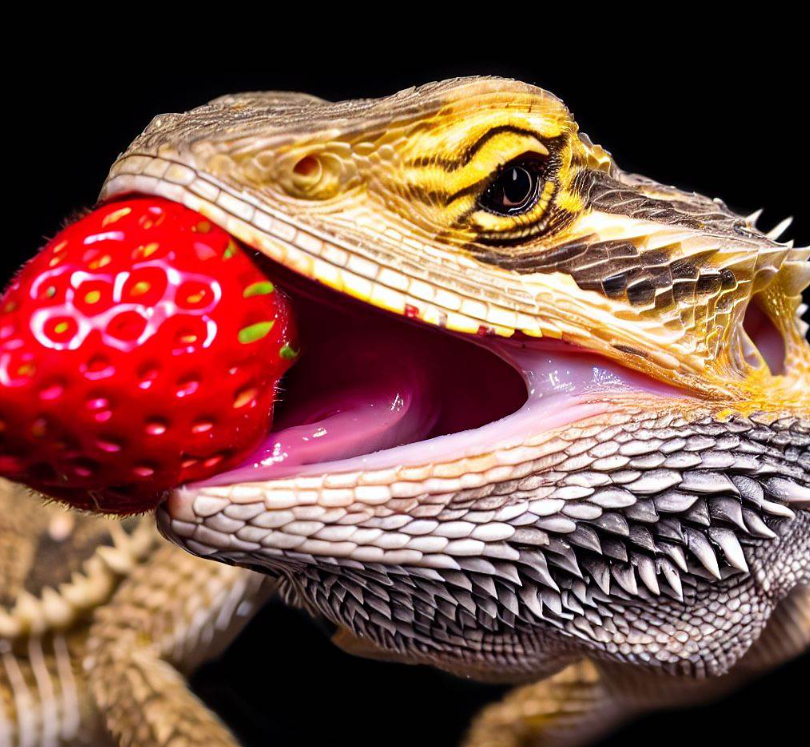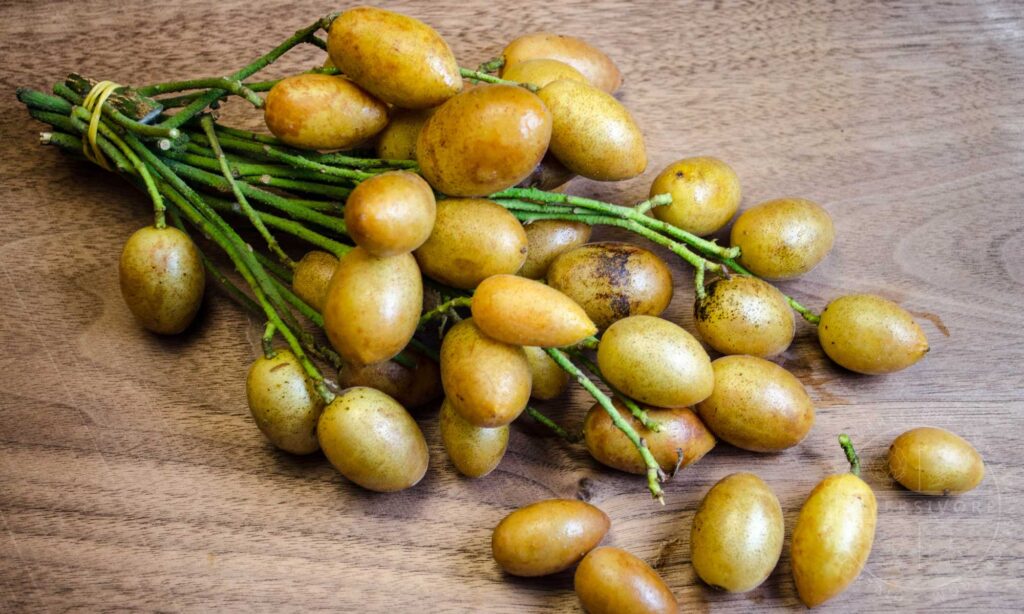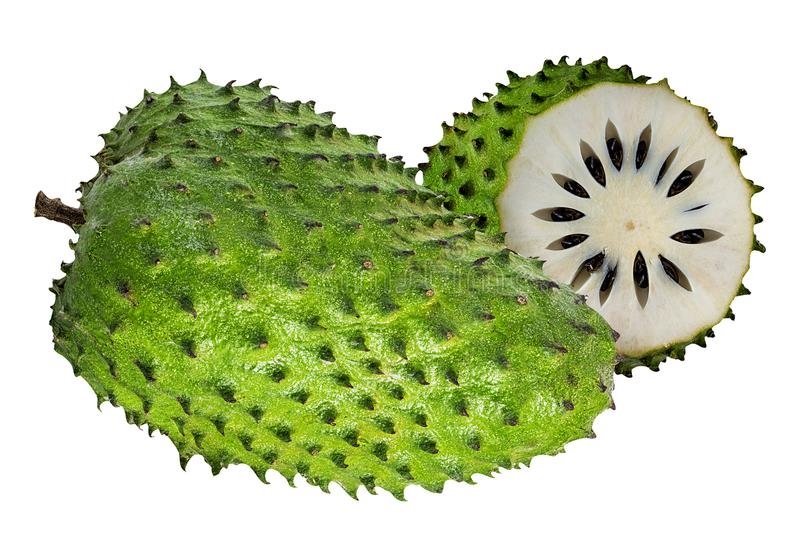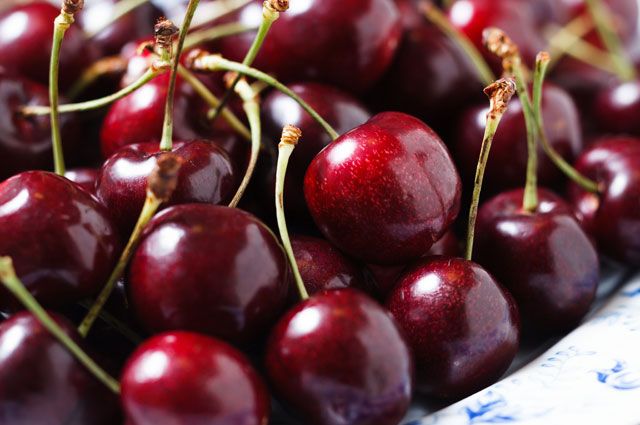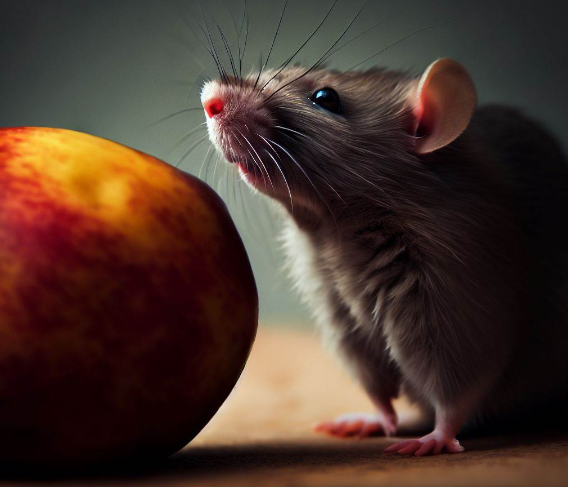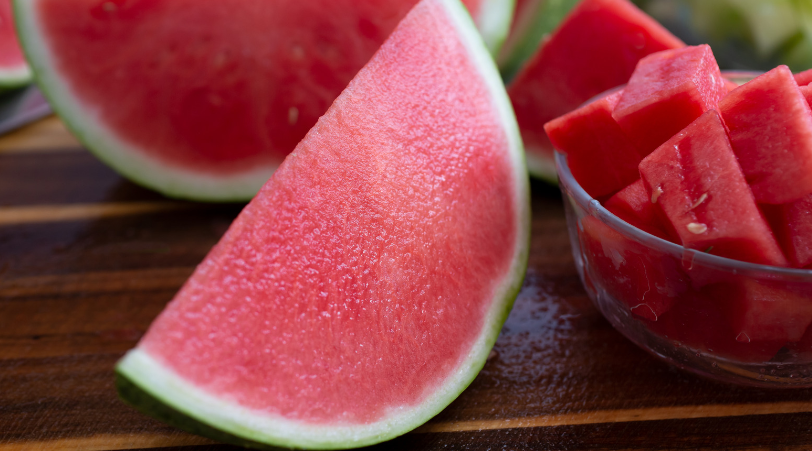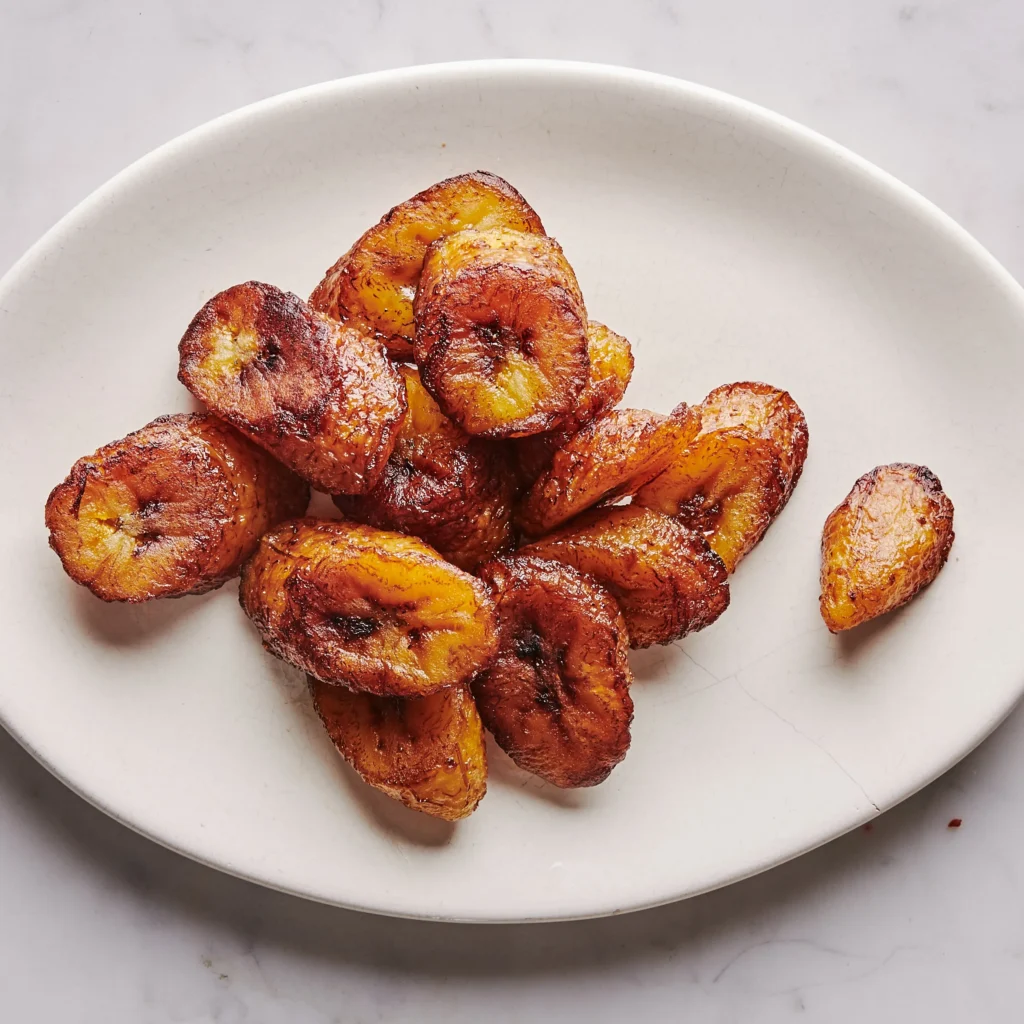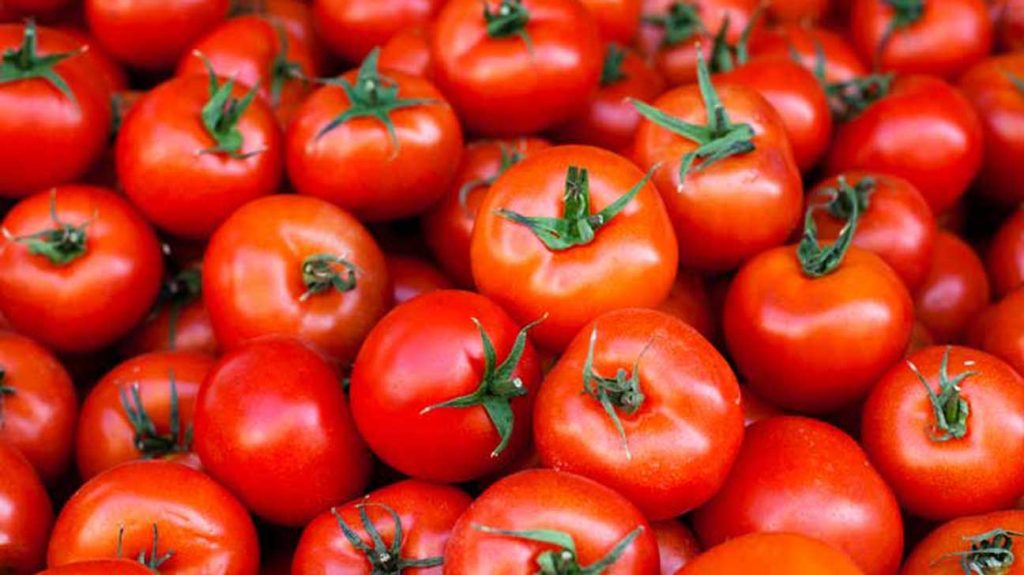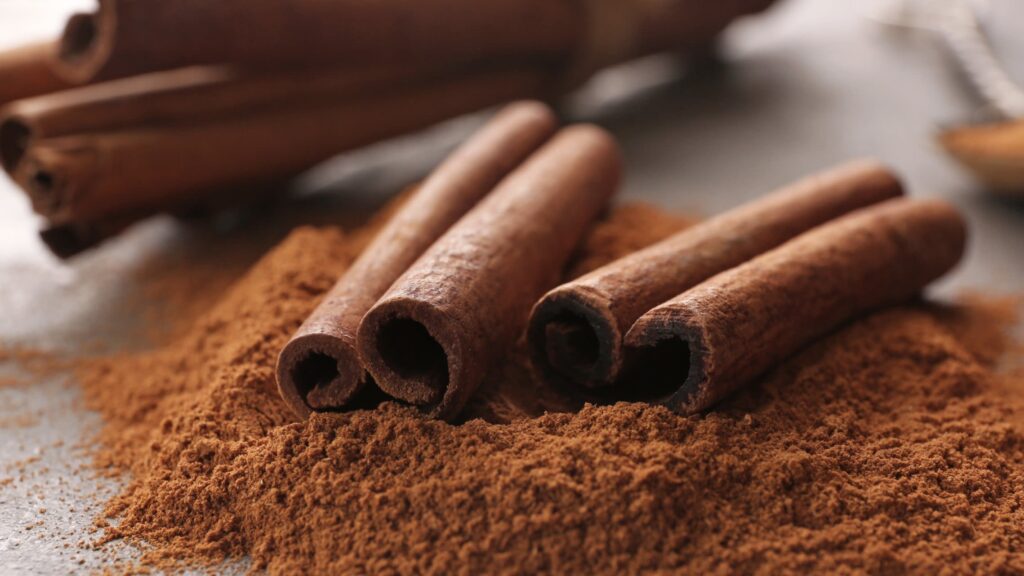Blackberries are a favorite fruit in summer, and it’s disappointing when they don’t grow as big as we hope. If you’re wondering, “How can I get my blackberries to grow larger?” you’re not alone. This guide will explain how to nurture your blackberry plants to increase the size of your berries.
Table of Contents
Tips to Make Your Blackberries Larger
For larger blackberries, ensure your plants get plenty of sunlight. They should have at least six hours of direct sun every day. If your blackberries are in a shaded spot, you might want to move them to where they’ll get more sunlight.
Pruning is another way to help your blackberries grow bigger. It gets rid of dead or sick branches, which helps the plant grow stronger and produce larger, tastier berries.
Also, water is essential. Blackberry plants need about one inch of water weekly when they are growing. If your area is very dry, you’ll need to water them even more often.
Why Are My Blackberries Small and Dry?
If your blackberries are small and dry, they may need more water. Consistent watering helps the berries stay plump. In dry weather, water your plants more often.
Lack of nutrients could also be the cause of undersized, dry blackberries. These plants need lots of food, so use fertilizers made specifically for blackberries that are high in nutrients.
As mentioned before, sunlight is key. Make sure your blackberry plants aren’t too shaded.
How to Get Big, Juicy Blackberries
If you want your blackberries to be big and juicy, focus on water, nutrients, and sunlight. Feed them with special blackberry fertilizers and water them regularly.
Thinning the plants can also help. This means cutting out some canes early in the summer to let the remaining ones grow bigger berries.
And again, don’t forget about sunlight. Make sure they get full sun for the best berry growth.
Best Fertilizer for Blackberries
Look for fertilizers made for blackberries, ones that have nitrogen, phosphorus, potassium, and other micronutrients like magnesium and iron.
Be sure to use the right amount of fertilizer, as too much can be harmful.
Why Aren’t My Blackberries Growing?
If your blackberries aren’t growing, it could be due to not getting enough water. Keep the soil moist, especially when it’s not raining much.
Pruning in late winter or early spring can spur growth by getting rid of old canes that have already fruited. This makes room for new growth and bigger berries.
Being sure your blackberry plants get 1 to 2 inches of water per week and are fertilized well is crucial. You can use a slow-release or liquid fertilizer, but follow package directions to avoid damage from over-fertilizing.
Finally, keep an eye out for pests like spider mites, aphids, and diseases like cane blight or powdery mildew. These can hurt your plants and berries. Inspect your plants regularly and treat any issues promptly with the right controls.
The number of berries a plant produces can range from 5 to 20 pounds per season, depending on the plant and its care.
In summary, if you’re disappointed with small, dry, or underperforming blackberry plants, consider how well you’re meeting their needs for pruning, water, fertilizers, sunlight, and pest control. When given proper attention, your blackberries should reward you with a plentiful and delicious harvest.
